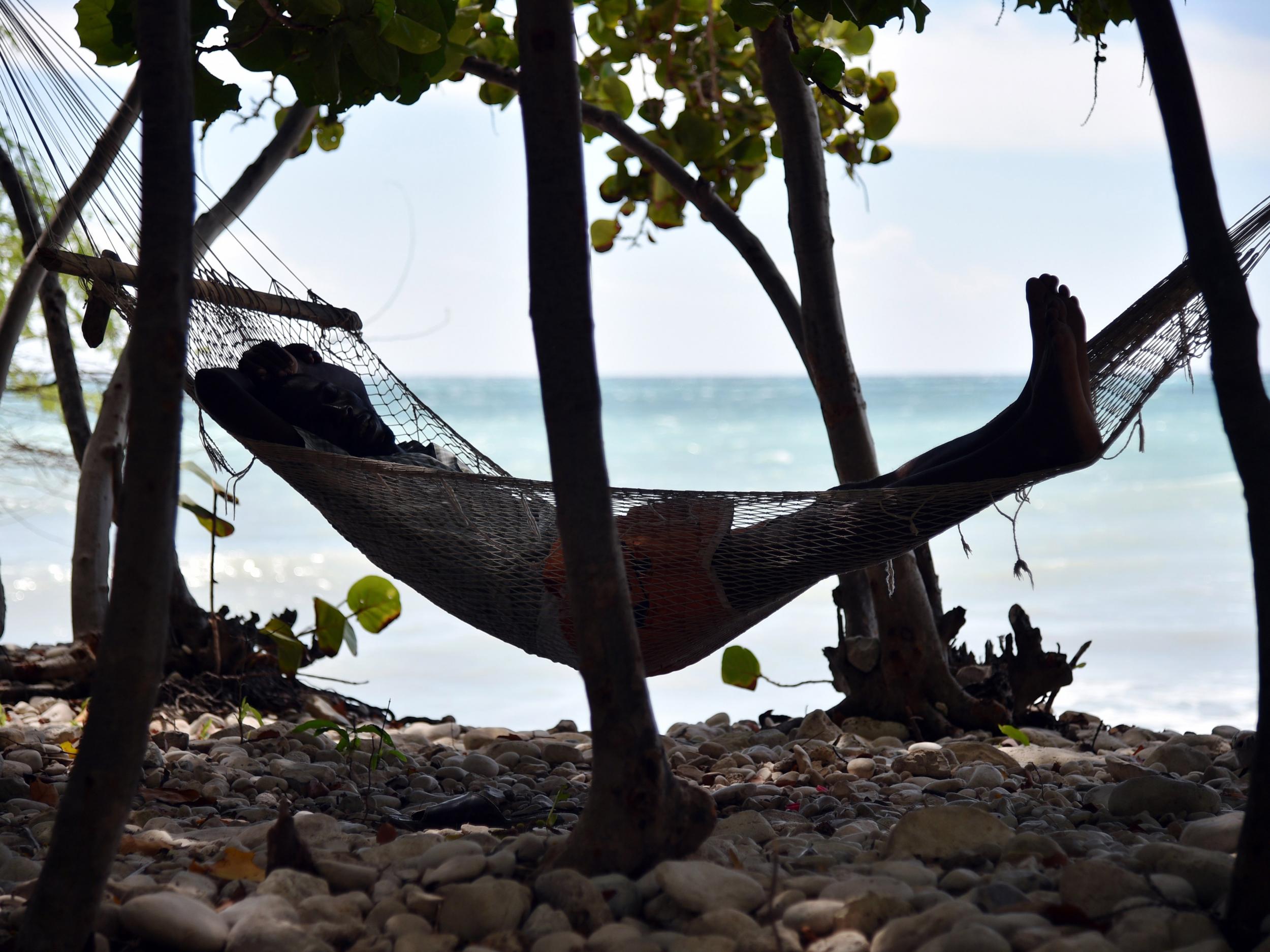Work-life balance: The five countries that came out top from the OECD's Better Life Index
Short working hour and high levels of personal time for friends and family put Denmark in the number one spot

It might not be obvious from shows like The Killing and Borgen, but Danes have the best work-life balance in the world, according to new research.
A healthy resistance to working long hours combined with generous amounts of personal time puts Denmark top for work-life balance on the OECD's 2015 Better Life Index.
We look at the top five countries that have got it right and, spoiler alert, Britain isn't one of them:
1) Denmark
The secret to Denmark's success seems to be short working weeks and a family-friendly work environment.
Only 2% of people in full-time employment work very long hours. Compare that to Britain where the proportion is 13%.
Danes also enjoy extensive state support to families and individuals with young children - state spending on family benefits is high in Denmark at more than 4% of GDP, nearly twice the OECD average.
2) Spain
Spain comes second as, while Spaniard have just as much personal time to devote to themselves and their families as their Danish counterparts, a higher proportion of them stay late at work.
Workers in Spain devote 16.1 hours, or 67% of their day, to "personal care" and leisure activities, according to the OECD, but 8% still work very long hours.
Spain also has one of the lowest fertility rates in Europe and a poor (but improving) record of female employment, meaning for all that free time, Spaniards haven't managed to successfully combine work and family life to the extent of the more gender-equal Danes.

3) The Netherlands
Workers in the Netherlands shun long hours in the workplace with only 0.5% of employees working very long hours. Somehow, though, that doesn't translate into more leisure time as Dutch workers spend an average of about 15.4 hours a day on themselves and their families.
High levels of gender equality mean men and women share work responsibilities and families are helped by generous state benefits.
4) Belgium
At number four, Belgium benefits from successful flexible working programmes and a high-level of personal time devoted to friends and family, with only 5% of Belgium employees working very long hours.
5) Norway
Norway comes in at number five, the figures showing Norwegians spend about 15.6 hours of their day either with their families or contemplating the fijords, and only about 3% work very long hours.
You can view the OECD's Better Life Index for 2015 here.
Join our commenting forum
Join thought-provoking conversations, follow other Independent readers and see their replies
Comments
Bookmark popover
Removed from bookmarks